Welcome to the website of the Department of Sociology and Computational Social Science
These are exciting times for sociologists. Globalization, climate change, and digitalization have the potential to fundamentally transform societies, posing new challenges to social cohesion, public debate, and democratic decision making. Integrated into KIT´s Institute of Technology Futures, the Department of Sociology studies with rigorous theoretical and empirical methods the societal consequences of new technology. For instance, we study whether and under what conditions online social networks, social bots, and personalized recommender systems contribute to processes of opinion polarization and democratic decision making, contributing to the understanding, evaluation, and advancement of this technology.
With a strong foundation in classical sociology, the Department of Sociology applies methods from complexity research and the emerging field of computational social science to adress both fundamental sociological research problems and timely technological challenges. To this end, we develop formal models of social dynamics and apply analytical and computational methods to analyze these models. Model assumptions and predictions are tested with experiments in the laboratory and the field as well as large-scale observational data.
Together with the KIT´s Institute of Sociology, Media and Cultural Studies, the Department of Sociology contributes to the sociology education at KIT. In addtion, we contribute to the program of the Methods laboratory at KIT´s House of Competence.
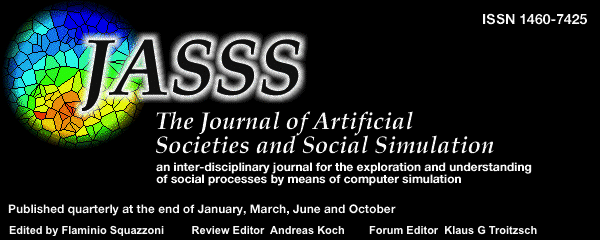
We are happy to share two new publications in JASSS:
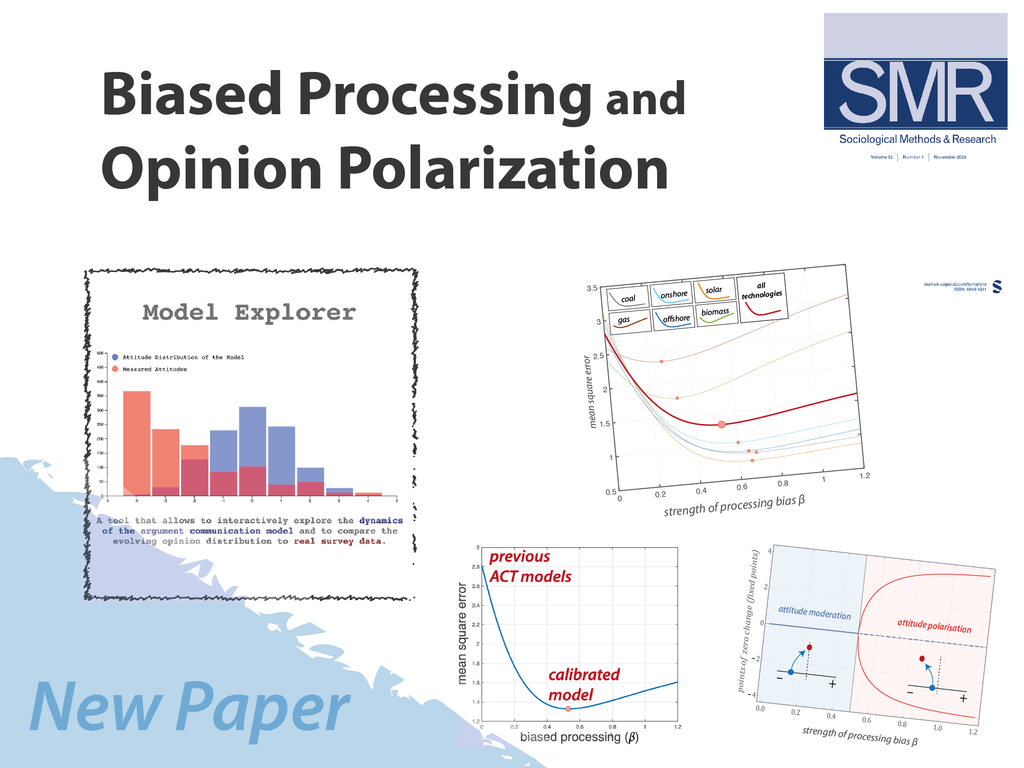
Our recent study published in the Journal Sociological Methods & Research combines an experiment on biased argument processing with a computational theory of group deliberation to shed new light on this question. We introduce confirmation bias into argument-based opinion dynamics biased processing. This increases the micro validity of the models, and has a strong impact on their macro-level predictions. (online demo).
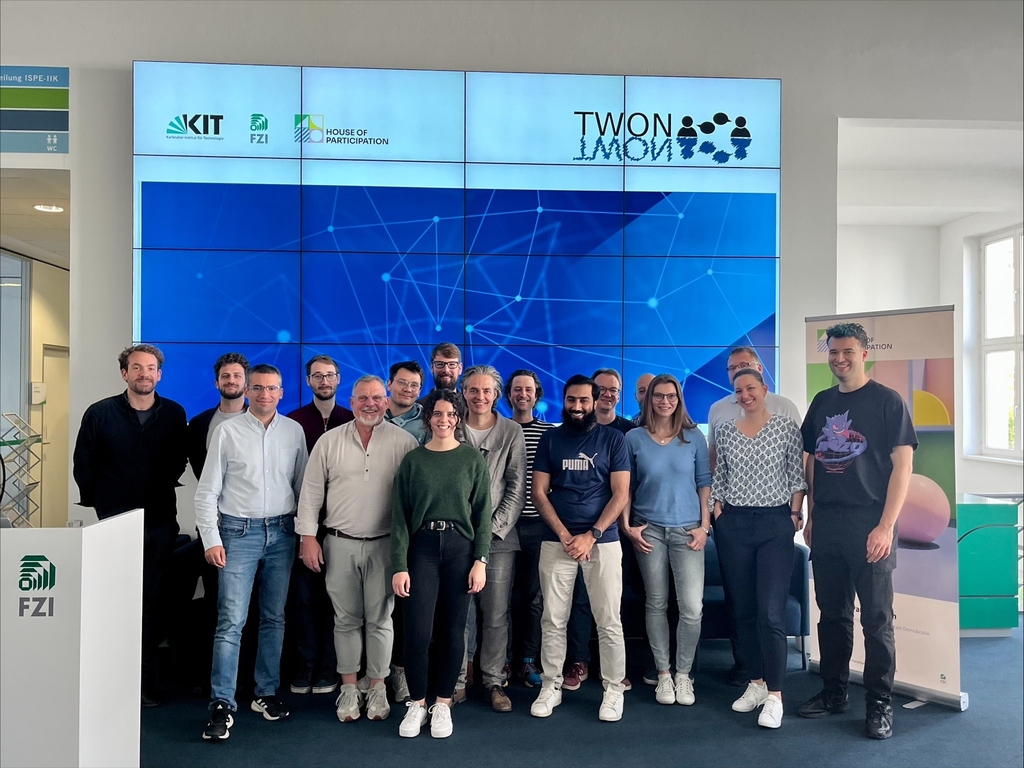
Researchers in the EU-funded Twin of Online Social Networks (#TWON) project are using #artificialintelligence methods to investigate the effects of social media on democratic debates. The second consortium meeting took place at the beginning of October at the TRIANGEL Transfer | Culture | Space Event Space of the Karlsruhe Institute of Technology (KIT) and the FZI House of Living Labs. Further information can be found here.
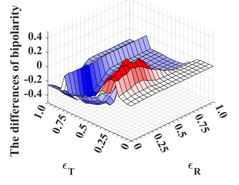
The journal Advances in Complex Systems has published new research results. In it, we show that polarization is often difficult to predict and that human intuition often fails even in seemingly trivial cases. However, formal methods such as computer simulations can help and allow approaches to be tested in order to reduce polarization. You can find the article here(https://www.worldscientific.com/doi/10.1142/S0219525922500114).
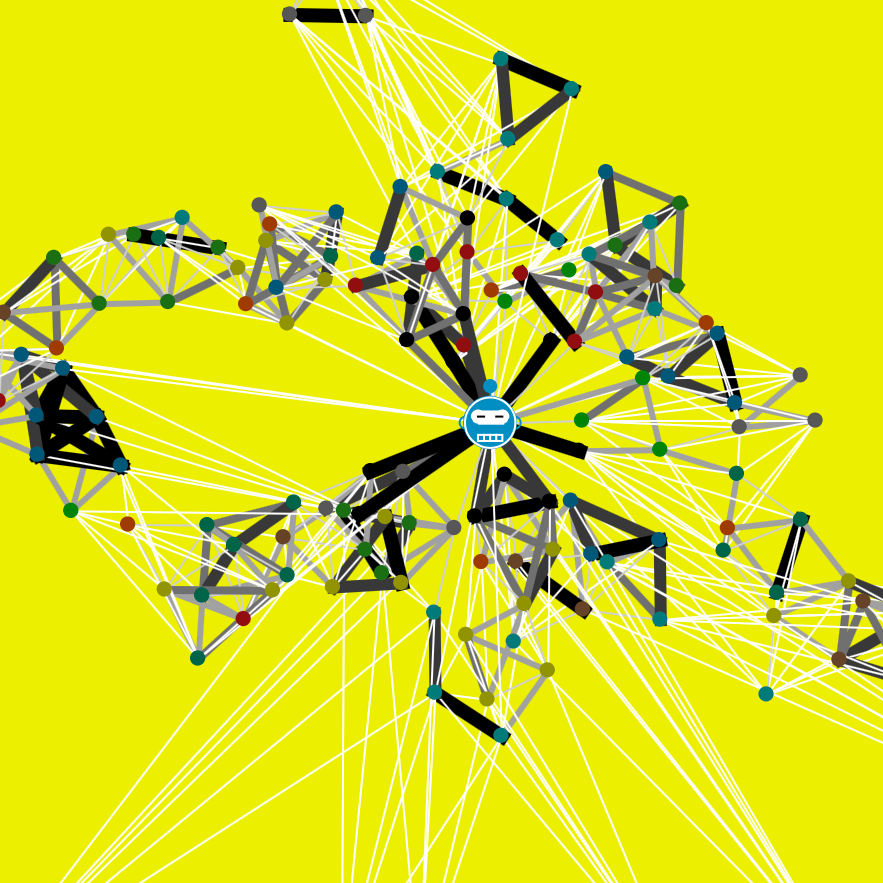
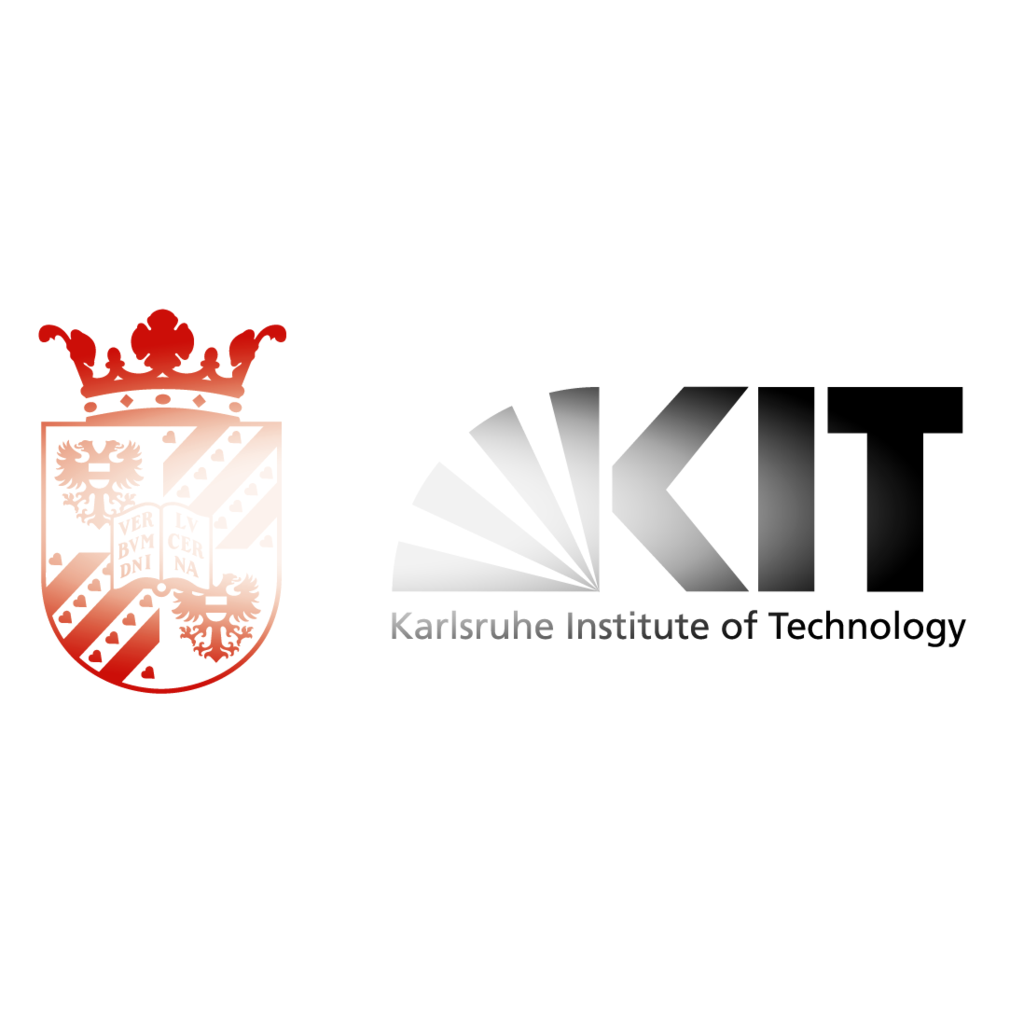
In November 2020, Michael Mäs was appointed Professor of Sociology at the KIT. He is the chair of the Department of Sociology at KIT´s Institute of Technology Futures and scientific director of the Methods lab of KIT´s House of competence. Before joining KIT, Michael was tenured assistant professor at the Department of Sociology at the University of Groningen and member of the ICS.
Michael´s personal website: www.maes-sociology.eu
